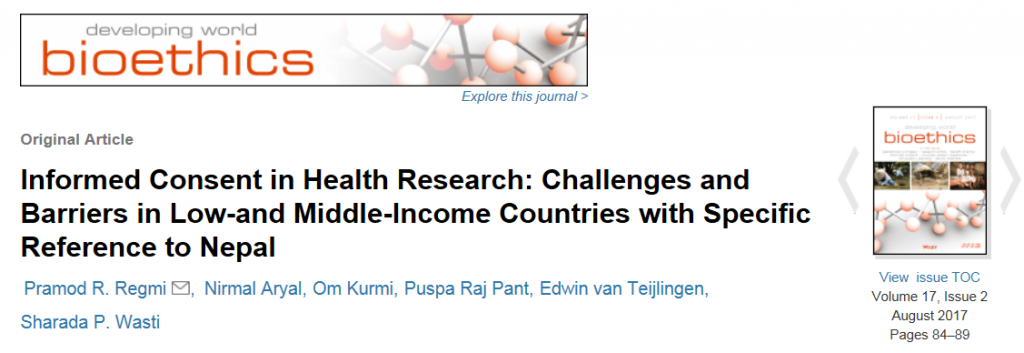 Next months sees the publication of our latest article on research ethics in developing countries [1]. Our paper argues that despite a significant increase in health research activity in low-and middle-income countries (LMICs) in recent years, only limited work has been done to address ethical concerns. Most ethics committees in LMICs lack the authority and/or the capacity to monitor research in the field. This is important since not all research, particularly in LMICs region, complies with ethical principles, sometimes this is inadvertently or due to a lack of awareness of their importance in assuring proper research governance. With several examples from Nepal, this paper reflects on the steps required to obtain informed consents and highlights some of the major challenges and barriers to seeking informed consent from research participants. At the end of this paper, we also offer some recommendations around how can we can promote and implement optimal informed consent taking process.
Next months sees the publication of our latest article on research ethics in developing countries [1]. Our paper argues that despite a significant increase in health research activity in low-and middle-income countries (LMICs) in recent years, only limited work has been done to address ethical concerns. Most ethics committees in LMICs lack the authority and/or the capacity to monitor research in the field. This is important since not all research, particularly in LMICs region, complies with ethical principles, sometimes this is inadvertently or due to a lack of awareness of their importance in assuring proper research governance. With several examples from Nepal, this paper reflects on the steps required to obtain informed consents and highlights some of the major challenges and barriers to seeking informed consent from research participants. At the end of this paper, we also offer some recommendations around how can we can promote and implement optimal informed consent taking process.
 The paper is co-written by six authors, and interestingly five are graduates of the University of Aberdeen. These Aberdeen University graduates are currently affiliated with five different universities. Four of who are based in the UK at: the University of Liverpool, the University of the West of England, the University of Oxford, and in Bournemouth University’s Centre for Midwifery, Maternal & Perinatal Health (CMMPH) and one in the USA: Georgetown University. The sixth co-author, Nirmal Aryal, is currently a PhD student at the University of Otago in Dunedin (New Zealand). Whilst Liverpool-based researcher Dr. Pramod Regmi is heading back for Bournemouth University to become a lecturer in International Health in the Faculty of Health & Social Sciences this autumn.
The paper is co-written by six authors, and interestingly five are graduates of the University of Aberdeen. These Aberdeen University graduates are currently affiliated with five different universities. Four of who are based in the UK at: the University of Liverpool, the University of the West of England, the University of Oxford, and in Bournemouth University’s Centre for Midwifery, Maternal & Perinatal Health (CMMPH) and one in the USA: Georgetown University. The sixth co-author, Nirmal Aryal, is currently a PhD student at the University of Otago in Dunedin (New Zealand). Whilst Liverpool-based researcher Dr. Pramod Regmi is heading back for Bournemouth University to become a lecturer in International Health in the Faculty of Health & Social Sciences this autumn.
Prof. Edwin van Teijlingen
CMMPH
Reference:
- Regmi, P.R., Aryal, N., Kurmi, O., Pant, P.R., van Teijlingen, E., Wasti, P.P. (2017) Informed consent in health research: challenges and barriers in low-and middle-income countries with specific reference to Nepal, Developing World Bioethics 17(2):84-89
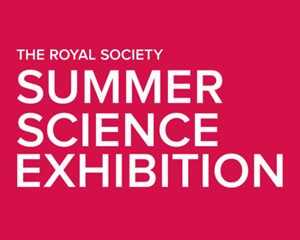 The Royal Society is looking for brilliant science and scientists to feature at the
The Royal Society is looking for brilliant science and scientists to feature at the 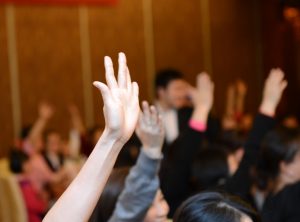
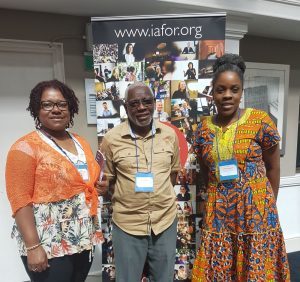
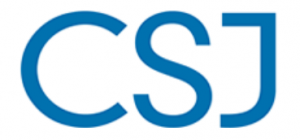
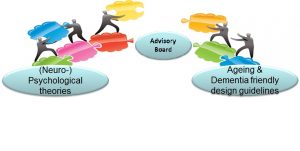 In this meeting Prof Jan Wiener provided Advisory Board members with an overview of the relevant research findings and suggested new, improved design guidelines focusing on the use of landmarks to support orientation. The group discussed these findings and provided feedback about how these guidelines might be implemented, published and disseminated in the future. ADRC will continue discussions with the Advisory Board when they meet next in September 2017.
In this meeting Prof Jan Wiener provided Advisory Board members with an overview of the relevant research findings and suggested new, improved design guidelines focusing on the use of landmarks to support orientation. The group discussed these findings and provided feedback about how these guidelines might be implemented, published and disseminated in the future. ADRC will continue discussions with the Advisory Board when they meet next in September 2017.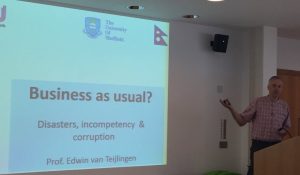
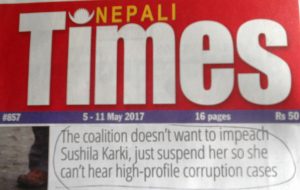

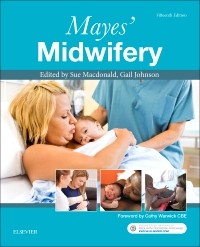
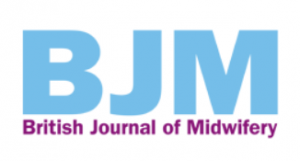
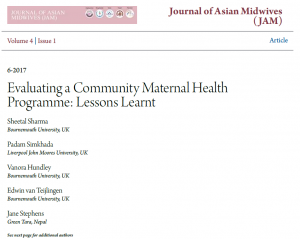

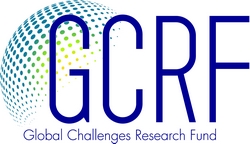 The second GCRF Research Councils UK Collective Fund call “Growing Research Capability grants” worth £225m is due to come out soon. Keep an eye out and watch this space for more information.
The second GCRF Research Councils UK Collective Fund call “Growing Research Capability grants” worth £225m is due to come out soon. Keep an eye out and watch this space for more information.
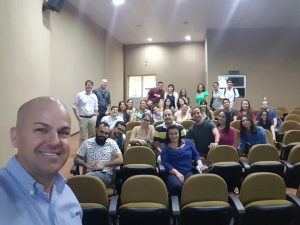 visit to the Federal University of Rio Grande do Norte (UFRN), in Natal, where Miguel delivered two presentations to tourism master students and staff. The first one was research related and focused on ‘How can research centres contribute to increase academic research and publication? BU’s experience’. In the afternoon Miguel shared one of the topics he teaches at BU with a presentation about ‘Events as a strategic marketing tool for city branding’.
visit to the Federal University of Rio Grande do Norte (UFRN), in Natal, where Miguel delivered two presentations to tourism master students and staff. The first one was research related and focused on ‘How can research centres contribute to increase academic research and publication? BU’s experience’. In the afternoon Miguel shared one of the topics he teaches at BU with a presentation about ‘Events as a strategic marketing tool for city branding’.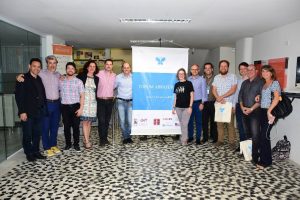 he next stop was Recife (Pernambuco state) where Miguel attended the ATLAS Americas and ABRATUR conferences, organised by the Pernambuco Federal University (UFPE). At the ATLAS Americas conference Miguel delivered a paper co-authored with BA Events Management graduate Giulia Calcagno on ‘Photographic triggers of engagement with event pictures on Instagram’. At the ABRATUR (International Academy for the Development of Tourism Research in Brazil) Forum, he delivered a keynote on “My internationalisation story: challenges and strategies”. As a founding member of the Academy, Miguel also participated in a strategic meeting of the Academy .
he next stop was Recife (Pernambuco state) where Miguel attended the ATLAS Americas and ABRATUR conferences, organised by the Pernambuco Federal University (UFPE). At the ATLAS Americas conference Miguel delivered a paper co-authored with BA Events Management graduate Giulia Calcagno on ‘Photographic triggers of engagement with event pictures on Instagram’. At the ABRATUR (International Academy for the Development of Tourism Research in Brazil) Forum, he delivered a keynote on “My internationalisation story: challenges and strategies”. As a founding member of the Academy, Miguel also participated in a strategic meeting of the Academy .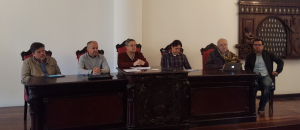 At Parana Federal University (UFPR) Miguel was a member of the panel examining a post-doc report by Dr. Osiris Marques on “The impact of the Olympic Games 2016: an analysis of the tourist profile, of the economic impact and of the quality of the tourist experience in Rio de Janeiro”.
At Parana Federal University (UFPR) Miguel was a member of the panel examining a post-doc report by Dr. Osiris Marques on “The impact of the Olympic Games 2016: an analysis of the tourist profile, of the economic impact and of the quality of the tourist experience in Rio de Janeiro”.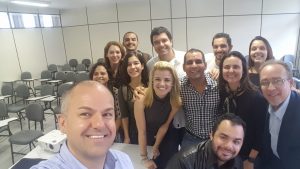
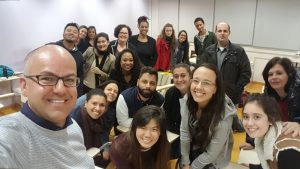
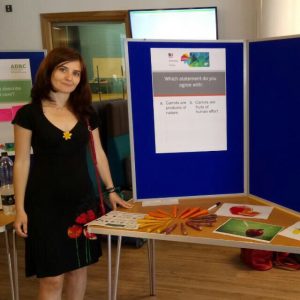
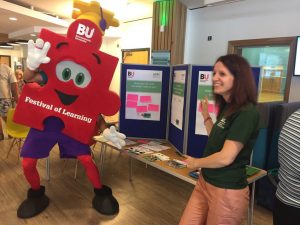
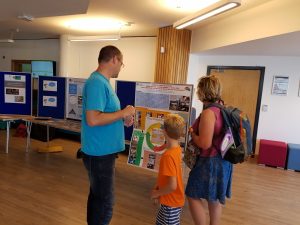
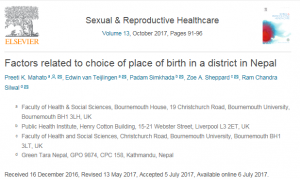
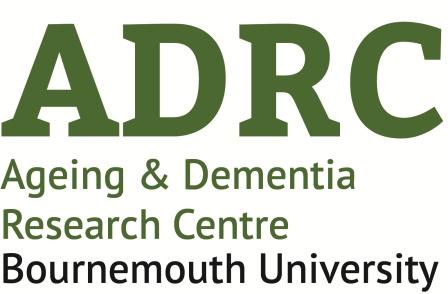
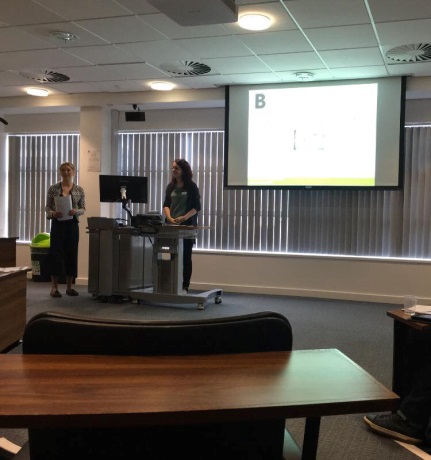 that Research Assistants deal with the ‘back end’ of the project, which I can understand would make the task mundane. Nevertheless, with the varied roles and responsibilities, I soon felt immersed into the project.
that Research Assistants deal with the ‘back end’ of the project, which I can understand would make the task mundane. Nevertheless, with the varied roles and responsibilities, I soon felt immersed into the project.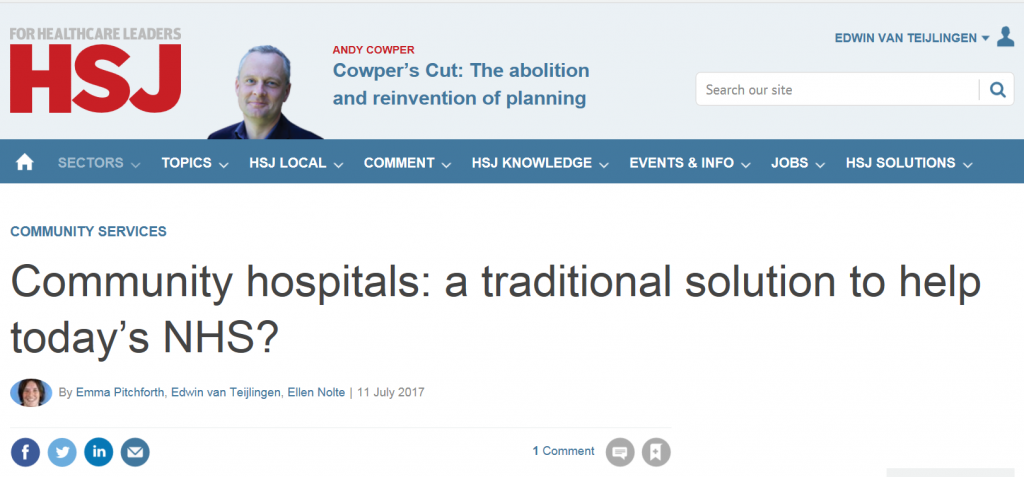
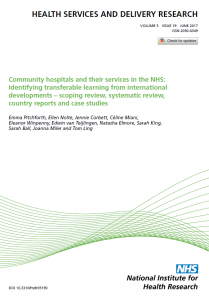
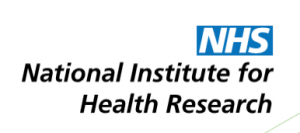











 Public Engagement Opportunity: Share your research with the public at Café Scientifique
Public Engagement Opportunity: Share your research with the public at Café Scientifique Apply for up to £1,000 to deliver an event and take part in a national festival of public engagement with research
Apply for up to £1,000 to deliver an event and take part in a national festival of public engagement with research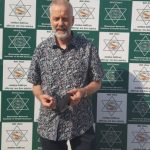 Fifteen years at BU
Fifteen years at BU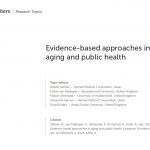 New eBook published in April
New eBook published in April MSCA Postdoctoral Fellowships 2024
MSCA Postdoctoral Fellowships 2024 Horizon Europe News – December 2023
Horizon Europe News – December 2023